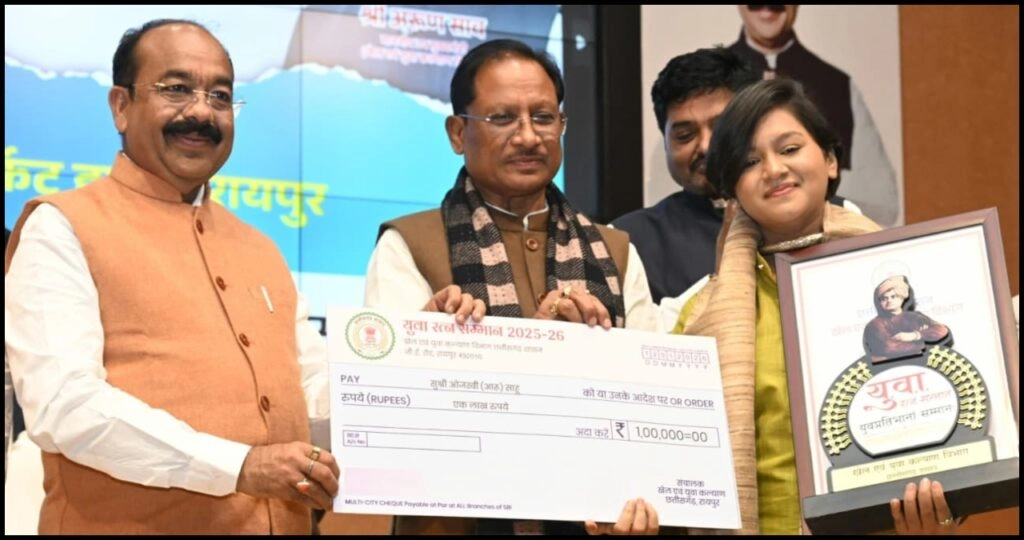In a recent development surrounding a high-profile liquor case, an accused Member of Parliament (MP) from Andhra Pradesh has urged authorities to conduct a thorough investigation into what he describes as a ‘fake alcohol racket.’ This request comes in the wake of allegations that have implicated the MP in a larger scheme involving the distribution and sale of counterfeit alcoholic beverages. The MP’s assertion of innocence is underscored by his claims that he has been wrongfully targeted amid a complex web of criminal activities tied to illicit liquor production and distribution.
The MP’s call for a probe into the so-called fake alcohol racket raises questions about the broader implications of counterfeit alcohol on public health and safety. Counterfeit liquor not only undermines legitimate businesses but also poses significant risks to consumers, as these products are often produced without adherence to safety standards. The involvement of a political figure in such a case highlights the intricate connections between politics, crime, and public policy in India. The MP’s request for an investigation may serve as a means to shift scrutiny away from himself and onto the larger issue of counterfeit alcohol, which has been a persistent problem in many regions.
As authorities begin to address the MP’s claims, the ramifications of this case could extend beyond individual accountability. It serves as a reminder of the need for stringent regulations and enforcement mechanisms to combat the illegal alcohol trade, which thrives in environments where oversight is lax. The MP’s plea for a deeper investigation may resonate with citizens who are increasingly concerned about the impact of counterfeit products on their communities. This case not only reflects the challenges faced by law enforcement but also emphasizes the importance of public awareness regarding the dangers of consuming unregulated alcoholic beverages.
In conclusion, the situation surrounding the Andhra MP and the alleged fake alcohol racket encapsulates a significant intersection of politics, public health, and crime prevention. As the inquiry unfolds, it will be essential to monitor the developments closely, particularly regarding how they influence regulatory practices and consumer safety measures in the liquor industry. The outcome of this investigation may not only determine the fate of the MP but could also shed light on the broader issue of counterfeit alcohol, prompting necessary reforms to protect consumers and ensure the integrity of legitimate businesses in the sector.




